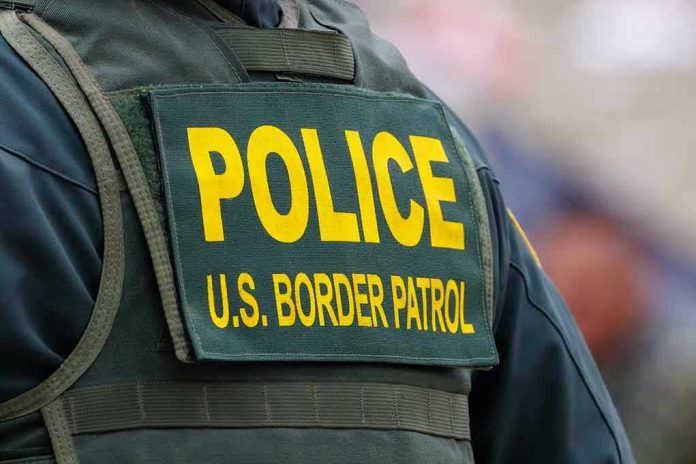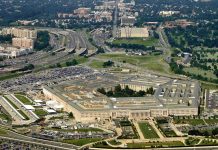
Federal authorities have admitted to destroying surveillance video at the heart of a class action lawsuit over alleged constitutional violations in an Illinois ICE detention facility, sparking new concerns about government transparency and accountability.
Story Snapshot
- ICE acknowledged in federal court that crucial video evidence from the Broadview facility was “irretrievably destroyed.”
- The destruction comes during a class action lawsuit alleging inhumane conditions and mass constitutional violations after mass detentions near Chicago.
- Judges imposed a temporary restraining order and expedited discovery to address mounting concerns over detainee treatment and evidence preservation.
- The case highlights persistent failures of accountability from federal agencies and raises questions about due process for detained immigrants.
Destruction of Evidence Raises Alarms About Government Accountability
ICE officials have admitted that surveillance footage spanning October 19–31, 2025, from the Broadview detention facility—footage central to a class action lawsuit—was destroyed and cannot be produced as ordered by the court.
This bombshell comes as detained immigrants allege Fifth Amendment violations and restricted access to counsel following a large-scale operation in the Chicago area.
The destruction of evidence not only undermines the plaintiffs’ ability to prove their claims but also raises profound concerns about government transparency and respect for constitutional protections.
Federal judges responded swiftly, granting expedited discovery and issuing a temporary restraining order to preserve remaining evidence and maintain minimum standards at Broadview.
Plaintiffs’ legal teams, supported by advocacy groups, have moved to hire IT specialists in a last-ditch effort to recover any retrievable footage. Meanwhile, ICE’s explanations—citing logistical obstacles and technical challenges—have done little to assure the public or the judiciary that the agency is meeting its legal obligations to preserve evidence in high-stakes litigation.
Pattern of Failures and Judicial Oversight
This case is not an isolated incident. The destruction of surveillance footage in federal detention centers has been documented in lawsuits nationwide, often complicating efforts to hold agencies accountable for alleged abuse and substandard conditions.
Federal courts increasingly intervene in these cases, issuing orders to preserve evidence and enforce settlement agreements. The Broadview lawsuit fits a broader pattern of legal challenges targeting not just inhumane conditions but also the systemic failures of evidence retention and due process within ICE and DHS operations.
Plaintiffs and advocacy groups, such as the ACLU, have consistently highlighted the power imbalance between detainees and federal agencies. With ICE controlling access to both facilities and evidence, the risk of abuse of authority remains high unless robust judicial oversight is maintained.
Legal experts point out that, without reliable surveillance video, claims of abuse, denial of counsel, or mistreatment become far harder to substantiate—undermining the very foundation of due process and accountability in America’s immigration system.
Broader Implications for Constitutional Rights and Future Oversight
The current lawsuit’s outcome may have significant ripple effects, setting new precedents for evidence preservation and judicial oversight in federal detention litigation. In the short term, the destruction of video evidence could limit the plaintiffs’ ability to obtain justice and improve conditions for those still held at Broadview.
Long-term, the case could drive new standards for surveillance, evidence management, and transparency across the immigration detention system.
For conservatives concerned about government overreach, the erosion of due process, and the lack of transparency in federal agencies, this case is a glaring example of why robust constitutional protections and strict accountability are non-negotiable.
The Trump administration’s renewed emphasis on law and order, border security, and executive accountability stands in stark contrast to the failures highlighted by this scandal.
As Americans demand answers, the judiciary’s role in enforcing the rule of law and preserving the rights of all individuals—citizens and non-citizens alike—remains critical for the nation’s constitutional fabric.
Sources:
Sokolove Law: Sexual Abuse in Juvenile Detention Centers
WLOS: ICE and DHS face lawsuit over alleged poor conditions at Calif. detention facility
CBS News Chicago: Judge tours Broadview ICE facility amid lawsuit



